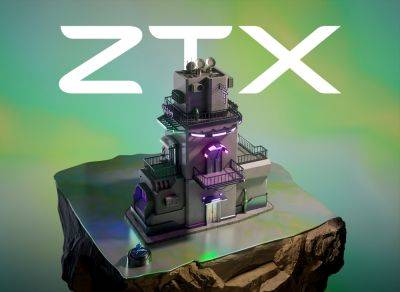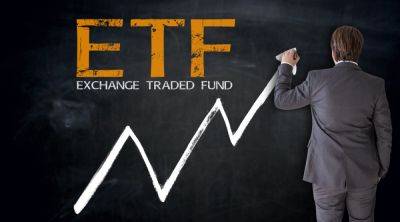BlackRock’s misguided effort to create ‘Crypto for Dummies’
BlackRock, a multinational investment company, shocked many in the cryptocurrency industry in June when it filed an application for an exchange-traded fund (ETF), the iShares Bitcoin Trust. It’s seeking to overcome 10-year-long opposition from United States regulators to cryptocurrency ETFs. A spot Bitcoin ETF would be tradable on a traditional stock exchange and track with the market.
While supporters argue that ETFs are tax-efficient, easy to trade and cheap, BlackRock’s approach is arguably misguided. It is important to keep in mind that ETFs do not have the same focus or goals as Bitcoin (BTC).
The traditional finance sector has long been dominated by institutions that control the flow of capital and dictate the terms of finance. Many people feel disenfranchised by these institutions, feeling they have restricted access to wealth creation, developing barriers for individuals and small businesses.
Related: Bitcoin ETFs: Even worse for crypto than central exchanges
Therefore, the arrival of cryptocurrencies presented a significant opportunity to offer an alternative to the traditional finance system that promises increased autonomy, inclusivity and transparency. However, merging traditional finance and decentralized finance (DeFi) is critical for mass adoption.
Bitcoin ETF next deadline August 13th(But this is for the ARK re-filing)Likely gets postponed IMO while most eyes will be watching Sept 2nd for BlackRock ETF deadlineBlackRock likely the first approved, if any, as the rest are just re-filing pic.twitter.com/h2ESr6aMnp
We need to move toward an industry where DeFi can serve legacy financial institutions rather than view them as targets. Major banks and players want to get into crypto, but there is also a
Read more on cointelegraph.com






















